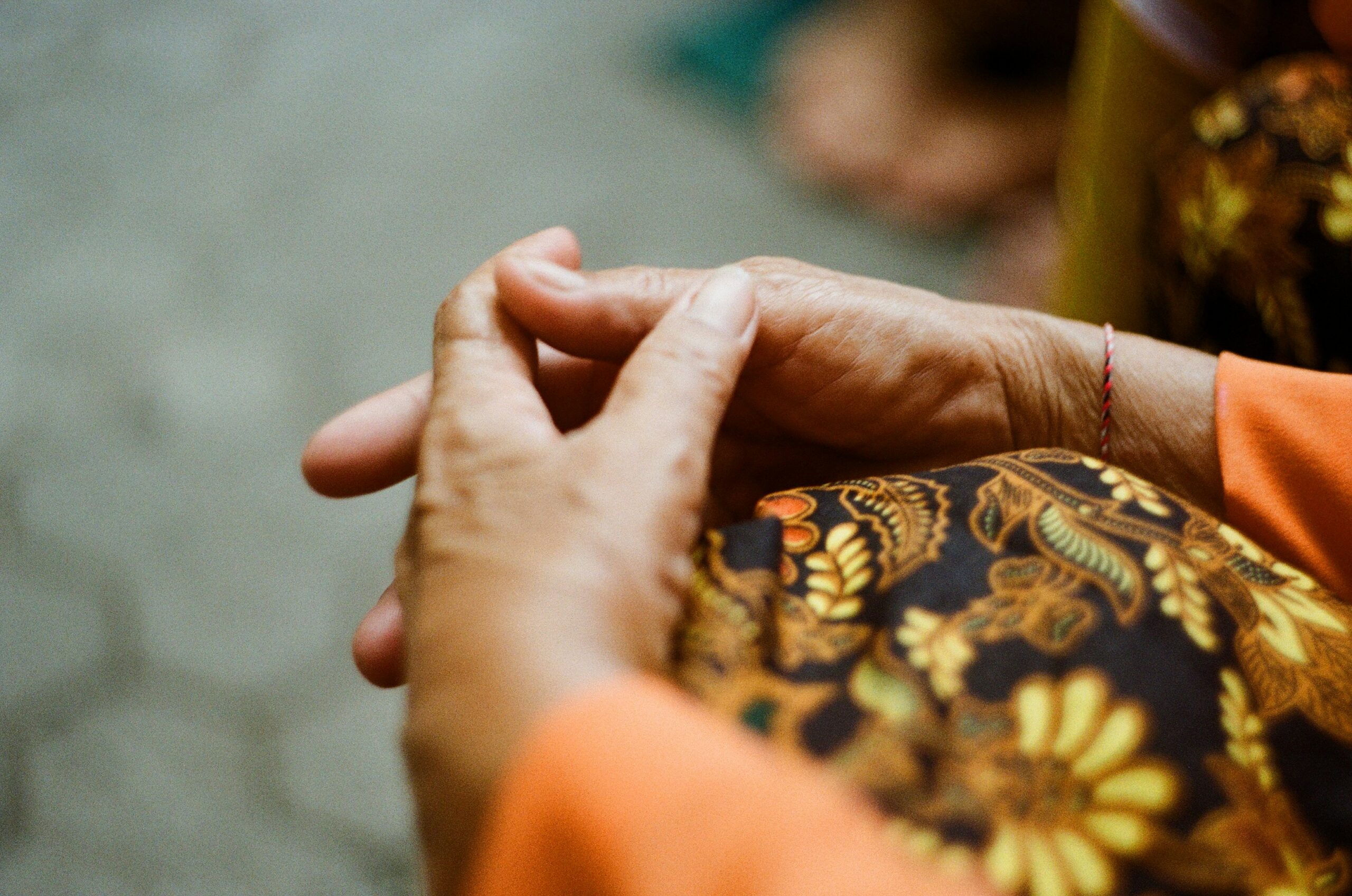Poetry
DANDELION FLOWER By Korean Poet Jo Ji-Hoon
I would like to share a short poem called ‘Dandelion Flower’ by the famous Korean poet Jo Ji-hoon. When I read this poem, it takes me back to my university days and reminds me of my friend ‘T’. We met while working together as reporters for our university newspaper. She was from Masan, a charming city in the southern part of South Korea, and I lived in the vibrant metropolis of Seoul. We exchanged heartfelt letters during winter vacation, and in one of them, she sent me this beautiful poem.
As a young student, my days weren’t marked by boundless energy and unwavering hope. I found myself among the ranks of university students, protesting against the grip of a military dictatorship. I vividly recall moments of evading gas attacks. Those dark and somber years were quite difficult, and there wasn’t much laughter. During such times, I had to deal with the practical challenges and emotional loneliness that often accompanied them.
But this poem was like a refreshing gentle breeze whispering to my weary soul. Every time I recite it, I am reminded of the profound beauty of poetry and how it has the power to uplift the human spirit. ‘Dandelion Flower’ is an exquisite poem that provided me with warmth and comfort during those daunting college years.

(1920.12.03~ 1968.05.17)
민들레꽃 조지훈 까닭 없이 마음 외로울 때는 노오란 민들레꽃 한 송이도 애처롭게 그리워지는데 아 얼마나한 위로이랴 소리쳐 부를 수도 없는 이 아득한 거리에 그대 조용히 나를 찾아오느니 사랑한다는 말 이 한마디는 내 이 세상 온전히 떠난 뒤에 남을 것 잊어버린다 못 잊어 차라리 병이 되어도 아 얼마나한 위로이랴 그대 맑은 눈을 들어 나를 보느니 | DANDELION FLOWER Jo Ji-hoon Translated by HeeSun K For no reason, When my heart is lonely, Even a yellow dandelion, I long for eagerly. In this ethereal distance, Where I can’t call out to you, Quietly you come to me. Oh, how comforting it is! “I love you!”, This one phrase shall remain, After I completely leave this world. Trying to forget is in vain, Even if I become ill, Oh, how comforting it is! With your pure eyes, You gaze up at me. |

Jo Ji-hoon, a poet, essayist, professor, and Korean researcher who established the mainstream of Korean modern poetry, was born in 1920. He is a representative poet of modern Korean poetry and is also famous as a traditionalist in Korean aesthetics. Although his poetry is written in a modern free-rhyme form, its origins are based on literary Sijo that began in the 12th century, and it has a strong regional flavor of non-industrial Korea.
In 1939, Jo Ji-hoon’s first poem appeared in the literary magazine ‘Sunmun’. In 1946, his poetry appeared in ‘Cheongrokjip’, which was included along with the works of Park Mok-wol and Park Du-jin.
While serving as a professor of Korean language and literature at Korea University for 20 years, he also served as president of the university-affiliated Korean Cultural Association and the Korean Poets Association. He has won numerous literary awards and published five collections of his poetry and many books on Korean literature and culture. He passed away in 1968. One of the characteristics of Jo Ji-hoon’s poetry is that it combines traditional meter and aesthetics in a very modern way.





Every year in May, an art festival in his honor is held his hometown, Jusil Village, Yeongyang-gun, Gyeongsanbuk-do Province. ‘Seungmu’ by Jo Ji-Hoon is one of the most beloved poems in Korea.

Seungmu is often associated with Buddhist rituals and ceremonies and is known for its spiritual and meditative qualities. It requires a high level of skill, precision, and concentration on the part of the dancer and is considered a significant cultural and artistic expression in Korean traditional dance.
*Photos from Jo Ji-hoon Literature Museum
written by HeeSun
HeeSun is a poet and storybook writer who belongs to the University in the Community. She brings hope to people and brightens the world with beautiful poems, songs, and stories. She is a member of the Pen International.





